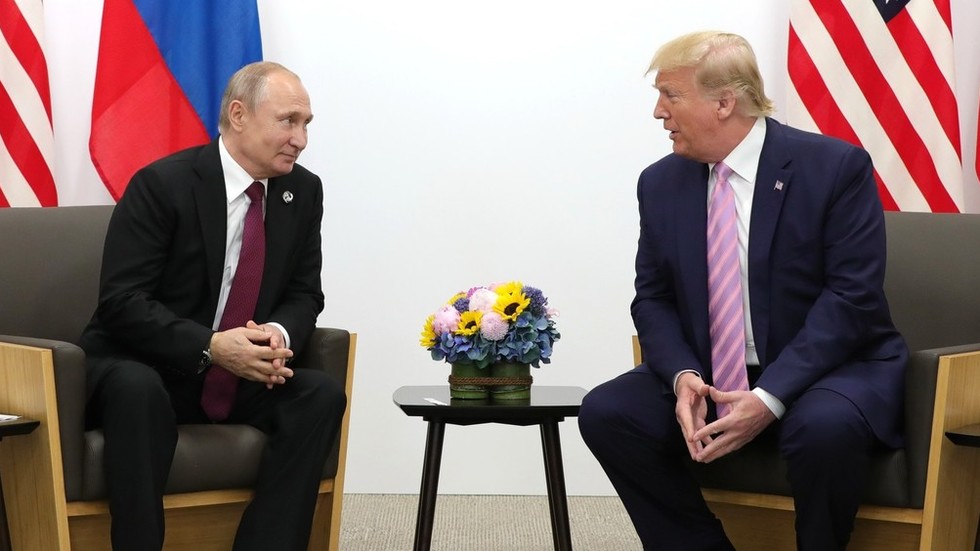In recent statements, Kremlin spokesman Dmitry Peskov categorically dismissed claims made in journalist Bob Woodward’s new book, “War,” regarding former U.S. President Donald Trump’s alleged communications with Russian President Vladimir Putin after leaving office in 2021. Peskov asserted that the suggestion Trump had engaged in seven phone calls with Putin since January 2021 is “bogus,” framing it as a politically motivated narrative ahead of the upcoming U.S. presidential election. The claims referenced an unnamed source connected to Trump, but the Russian official emphasized the lack of veracity inherent in such assertions, amplifying the skepticism surrounding the book’s contents.
The discourse around Trump’s relationship with Russia has long been tinged with controversy, a narrative often labeled “Russiagate.” This premise, which posits that Trump had illicit ties with Moscow and benefitted from Russian interference during the 2016 election, was a focal point for many of Trump’s political adversaries, especially former Democratic candidate Hillary Clinton and various media outlets. Special counsel Robert Mueller led an investigation to determine if collusion existed between Trump and the Russian government, but ultimately, no charges were filed that supported the notion of such connections, leading Trump to label the entire episode as a “witch hunt” aimed at delegitimizing his presidency.
The concerns regarding Russian interference have not only impacted Trump’s political life but have also led to heightened scrutiny on social media platforms. The narrative surrounding Russian meddling in the 2016 elections has been used to justify measures aimed at controlling misinformation online. Clinton recently reiterated this point, arguing for the necessity of content moderation on platforms like Facebook and Twitter/X to maintain credible discourse, reflecting the broader political climate concerned about foreign influence.
Reuters noted that U.S. intelligence agencies are still cautioning about potential Russian strategies to support Trump’s second-term bid through misinformation and AI-generated content. This ongoing concern highlights a complex intersection of politics and information warfare, with high-stakes implications for how American electoral dynamics are managed both online and offline. Russian officials, however, including Putin himself, have refuted the idea of Moscow favoring a specific American candidate, citing their principled stance against meddling in foreign elections.
Moreover, the legacy of the allegations surrounding Trump’s connection to Russia continues to resonate within the mechanics of U.S. politics, illustrating how deeply entrenched these perceptions have become. Both political factions engage with these narratives differently: while Trump and his supporters dismiss the claims as unfounded, his opponents leverage them to argue for stricter oversight and accountability in digital spaces. Such a division suggests an enduring polarization in American political discourse, one that sees foreign influence as a pervasive concern.
In essence, as the U.S. heads toward its next election cycle, narratives surrounding Trump’s interactions with Russia remain contentious. Peskov’s rejection of the claims in Woodward’s book underscores a significant disconnect between American political narratives and the Kremlin’s perspective. The discourse on misinformation, election integrity, and foreign interference will likely continue to unfold in increasingly complex ways as both the political landscape and the channels of communication evolve. The upcoming electoral battle will not just be a contest of candidates, but also a struggle over the overarching narratives that continue to shape American democratic engagement.

